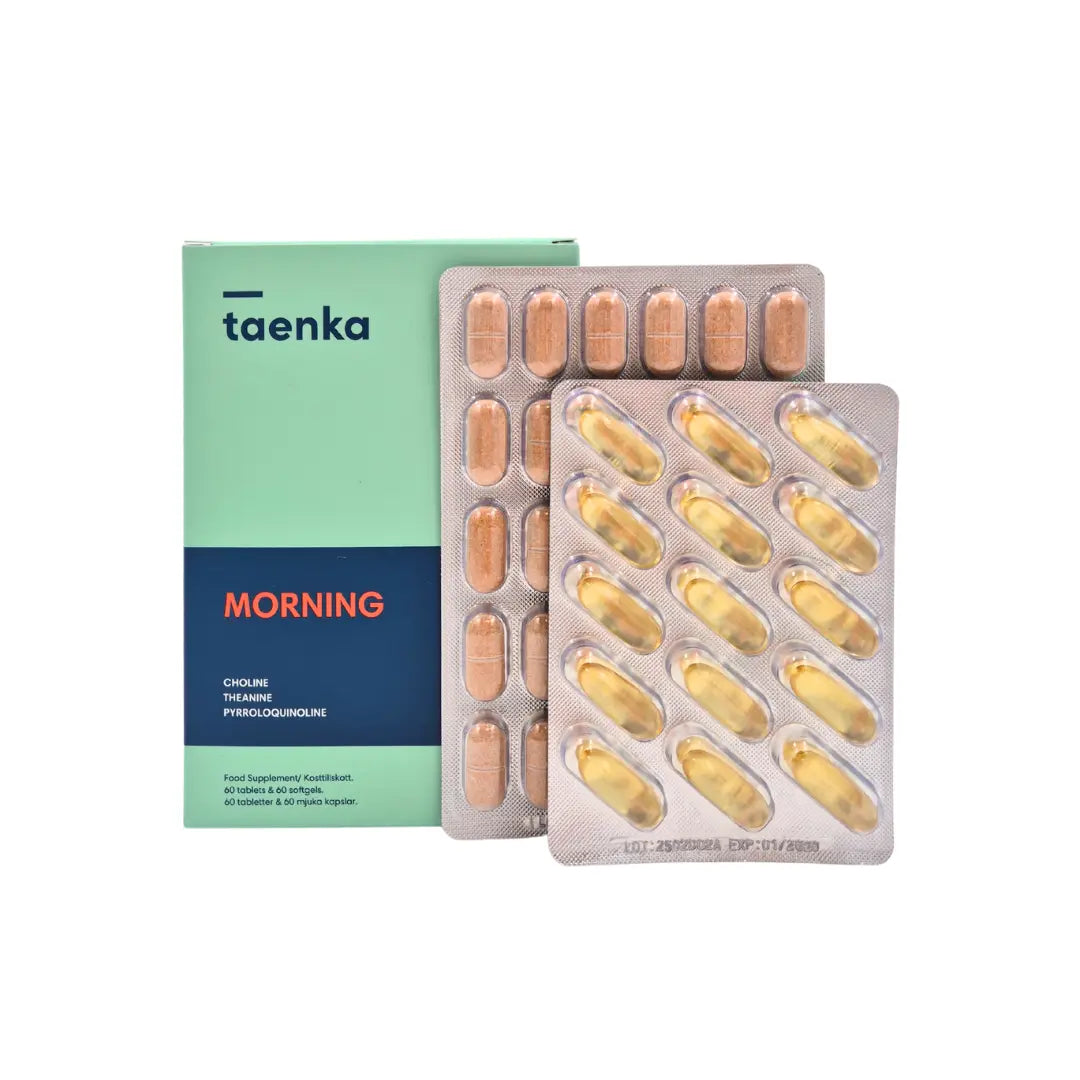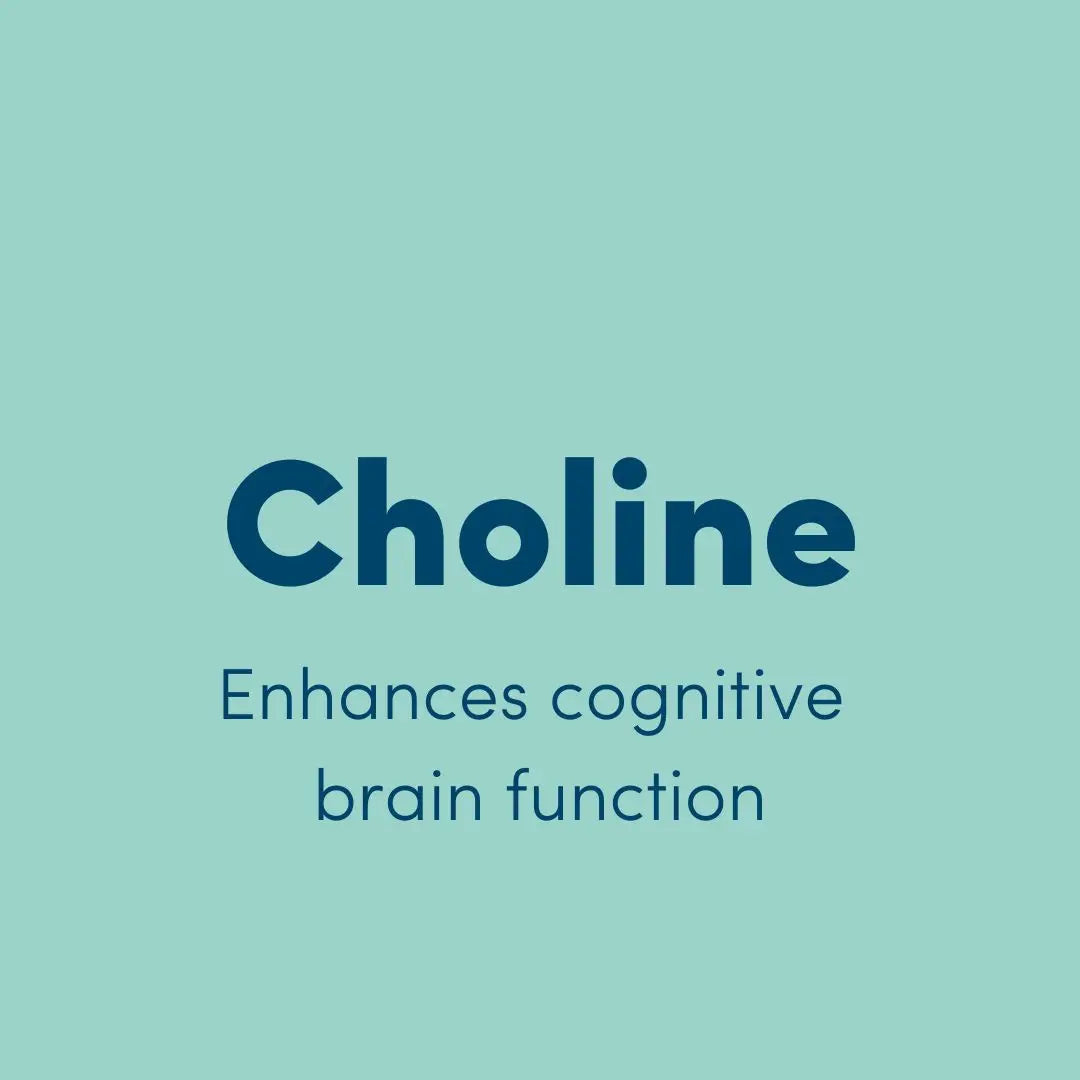
For years, 10,000 steps per day has been touted as the gold standard for physical health. But when it comes to brain health, recent research suggests that even fewer steps may still offer significant benefits—especially for memory, cognitive function, and protection against neurodegeneration.
A growing body of evidence indicates that moderate daily activity, even below the 10,000-step threshold, can improve brain structure and function. A 2022 study published in JAMA Neurology examined over 78,000 participants from the UK Biobank and found that the optimal number of daily steps (optimal dose) to reduce dementia risk was of 9,826 steps per day. But this study also showed that taking as few as 3,826 steps daily (minimal dose) was associated with slower cognitive decline (Del Pozo Cruz et al., 2022).
Moreover, it’s not just the number of steps that matters—it’s the intensity. The same study revealed that purposeful walking at a brisk pace, even for shorter durations (around 30 minutes daily), had a disproportionately large benefit for brain health.
Mechanistically, walking promotes better blood flow to the brain, enhances neurogenesis (the creation of new neurons), and reduces systemic inflammation—key factors in maintaining cognitive performance and reducing dementia risk.
So what’s the takeaway? While 10,000 steps a day is still a solid benchmark for overall fitness, brain health benefits already begin to appear at around 3,800 steps and seem to peak around 9,800 steps daily, particularly when walking is brisk and consistent. If hitting that number feels daunting, even incremental increases can make a meaningful difference.
Practical Tips:
· Aim for at least 4,000–6,000 steps per day, especially if you're sedentary.
· Add in 30 minutes of brisk walking a few times a week.
· Use reminders to take short walking breaks during the day.
Your brain, like your body, thrives on movement—so lace up those shoes and get stepping.





